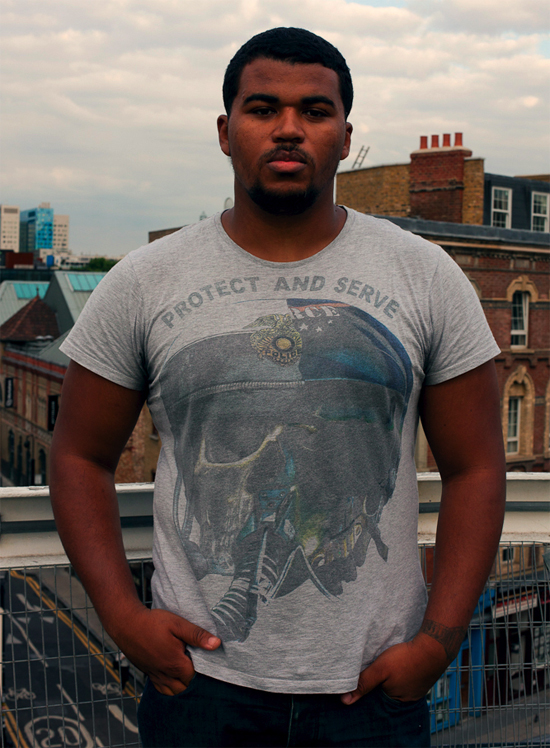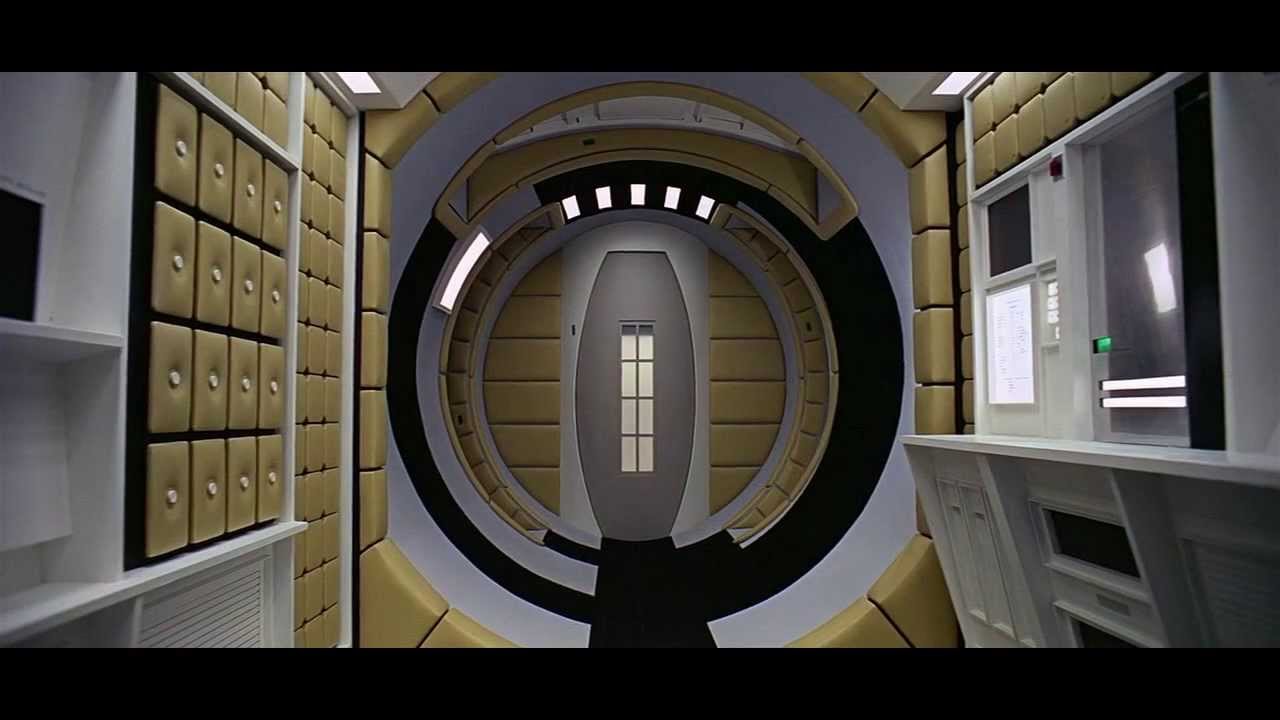Introducing a new musical movement by writing about how much people have been writing about it is always bound to be a bit of a tricksy and, um… fickle thing to do at the best of times. But there’s undoubtedly been a lot of ink spilled about ‘grime 2.0’ or the new mutation of instrumental grime music (some of it right here on tQ) over the past year. I loathe to be the one saying it in print, mainly because I don’t want to jinx it, but there’s an atmosphere present around all of this music that feels so wonderfully reminiscent of early dubstep: the way that the range of tunes varies wildly from drumless melody worms to darkly cloying, caustic bangers, and the way that (from my own experience) the club nights are simple, moody affairs populated by producers, DJs and journalists all there just to get a bit drunk, hear the music cut loud and hopefully witness that nutso Spooky remix of Joker’s ‘Tron’ getting wheeled again.
Interestingly enough though, this new breed of grime motivated music wasn’t ever initially central to one postcode like dubstep was to Croydon (or, indeed, to its incubating club night, FWD>>). The internet has played a massive part in uniting people like Rabit or Bloom or Nguzunguzu – whose ‘Foam Feathers’ to me feels like a perfect anthem for this type of lithe, stripped-clean melody music – with people like Lost Codes boss Visionist or Slackk, who’s become a bit of a pivotal figure in the evolution of the sound here in London through the Boxed night, his monthly mixes and his dub-packed shows on NTS Live. It’s pretty apt for a movement that’s so encompassing of all manner of genre ideas that it shouldn’t have any real tangible geographical boundaries either.
It’s certainly an interesting time for all of the artists involved, because despite the tiny gestation time – Boxed, the instrumental grime scene’s only real dedicated club night, is less than a year old – people are most definitely talking. "Anytime you get people writing about something, people are gonna jump on the bandwagon," offers Mr Mitch, Gobstopper label boss and one quarter of the hivemind behind Boxed. "But on the whole, the people that come to our night, you can tell that they love the music and just want to be around the whole scene. They just enjoy it [for what it is], and that’s what it’s all about really."
A man of seemingly quite straightforward motivations, Mitch is talking to me over speakerphone late one Tuesday evening. He sounds relaxed and calm, rolling with my stuttered exchanges and abrupt shifts in conversation quite naturally and affably. It’s not that I honestly expected it to be any different, as we’ve exchanged emails and online conversations before; but it’s just that there’s something in his music, particularly in his latest EP, the gloriously pensive The Room Where I Belong, which got me thinking that for some reason it might be hard to make him open up and talk at length about the ideas behind his music. In person he may cut a pretty looming, tall figure, but tonight he’s positively surefooted in discussing his humble beginnings in production.
"I actually found some tunes the other day that I made when I was like fourteen on FruityLoops and… they’re so basic!" he says, half chuckling to himself. "But I like the fact that I started back then, like before grime even had a name. I just took it as a hobby and I did that for years. Every time I would come home from school I’d just be making tunes, but I wouldn’t share them with anyone. I didn’t try and do anything with it for years, literally until about 2009…"
Why not? "I think it was just because at that time I was just quite happy and content making tunes and just having a couple of mates that I knew enjoy them," he replies. "That was kind of enough for me at the time."
After a short while our conversation seems full of these honest, sweet personal platitudes, and in continuing to explain how stuff has played out for him, his involvement in the crew behind Boxed and his plans for the label, it all sounds like it’s been an entirely natural, simple journey. Maybe he’s missing out some of the pining and stress – or at least glossing over it – that comes with making and releasing your own music. But then, isn’t that exactly how the ideal should be in independent music? No conceit, no pomp, no overblown sense of misguided self-worth, just the deployment of unique music at an opportune moment?
"It all kinda started with the Peace Dubs I did at the end of last year," Mitch reveals when we broach the topic of his new, haunting four track EP. "When everyone was making their <a href= http://www.sonicrouter.com/2013/10/premiere-dj-cable-dj-magic-producer-war-report/ target="_blank">’war dubs’, I just wanted to try and flip it around somehow. I couldn’t be bothered to try and compete with everybody who was flinging out dubs, so I tried to do something different with it, and in doing that I deconstructed a lot of famous grime beats – slowed them down, took elements of them and warped them in a way, and took the aggression out of them. I tried to work out what the essence of those tunes was, and pushed them in a new direction."
That direction was definitely striking. At a time when young producers were striving to outmode each other, pinch each other’s sonic tags and/or bury each other by producing in the style of a particular peer, Mitch was busy deconstructing celebrated tracks from people like Wiley, Plastician, Davinche and Faze Miyake, slowing them down and imposing a whole new palette upon them. It’s comparable to taking a short, incongruous sample and time-stretching it out in your software of choice, so that the original two-second snippet of sounds lasts for forty seconds and you can hear each tiny shred of component noise playing out differently, producing a new, expansive yet brittle depth of field. Mitch managed to distil a very weird serenity out of tracks like ‘Spartan’ and ‘Take Off’ – which are huge, widely celebrated, fairly unsubtle club jams. That sense of spiritual weightlessness has noticeably bled into his original productions on The Room Where I Belong.
"It’s just natural to me now," he reflects, and I fully imagine him shrugging as he says it, not really realising the unexplainable emotional gravity (or lack thereof) of his new material. "Yeah, I can’t explain it myself either… it’s more of a feeling. To me the best music is all about melody – like, I can’t really feel drum based tracks [so much]. As much as a drum is important in a song, it’s all about the melody for me, and then gathering that with darker elements and giving it its own feeling and a space. ‘The Man Waits’ has a great ambient space, which is the reason I used the Stanley Kubrick video, because it just speaks to me. It was exactly what I was feeling when I made that track: the silence. There are quite a lot of silent moments in that film where you actually feel like you’re in space, a massive space around you, and at the same time it’s kind of overwhelming."
Granted, stripping elements of the rhythm out of grime productions isn’t some astonishingly new thing – it’s something Wiley piloted in his eski days with his devil mixes, so named because they sounded so evil and unnerving without the rhythm section driving them – but it’s quite pivotal to the impact of Mitch’s new material. Much like his Boxed compatriot Logos did on his striking
"I dunno, it’s kind of just my nature," he answers when asked why he thinks he makes music like this. "For me to make a track that’s aggressive, it’s forced. I’ve done it in the past where I’ve tried to make a specific style of track and it sounds so forced, and I think that comes across in the production as well. A lot of the stuff that I’ve wanted to put out but haven’t known what to do with has been the mellow stuff. That’s the stuff that I’ve enjoyed making the most and that I feel is my best work. In doing those Peace Dubs, it allowed me to make a mellow element, then add the grimey elements to them to make it work better."
Mr Mitch’s The Room Where I Belong is out this week on Gobstopper.
For more from Sonic Router – serving all your bass-heavy dancefloor needs with mixes, reviews, releases and more since 2009 – click here to visit the site.



